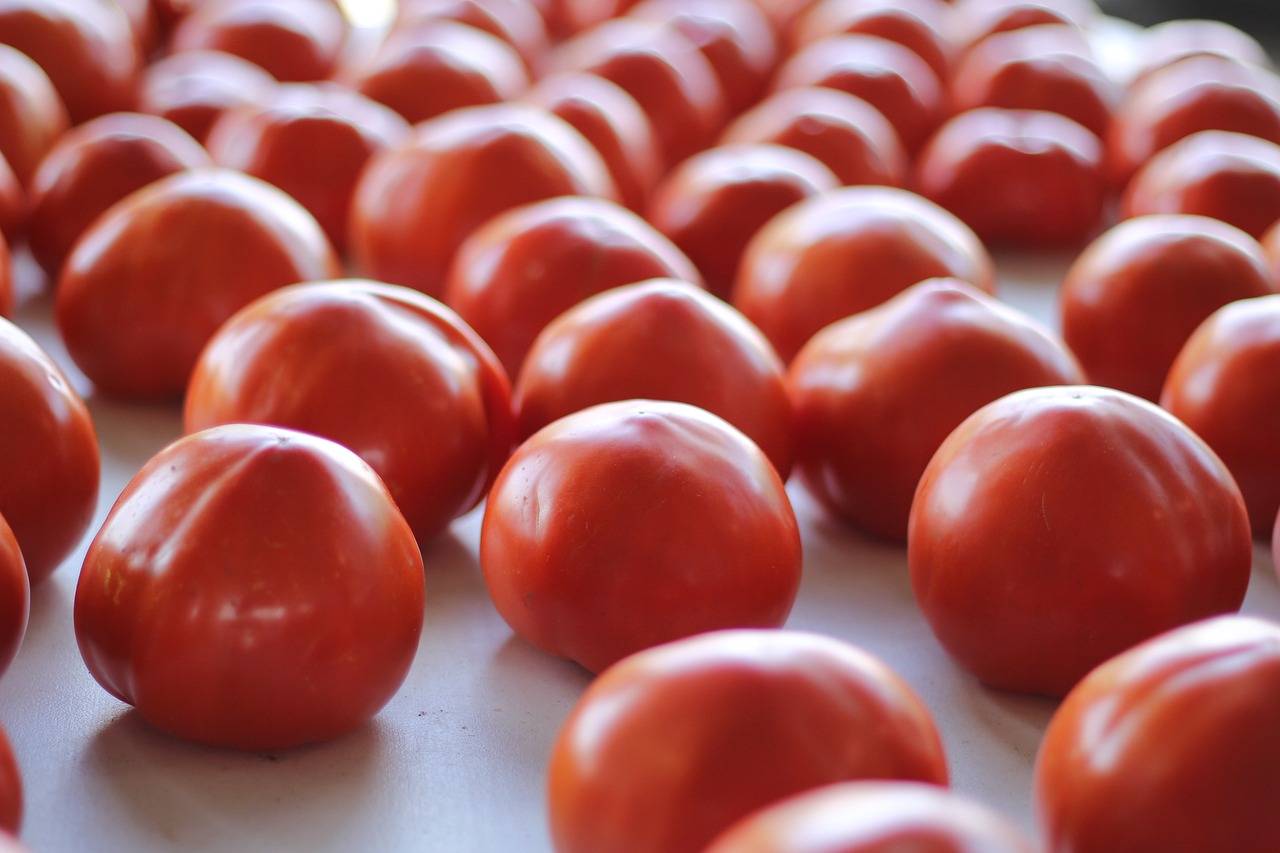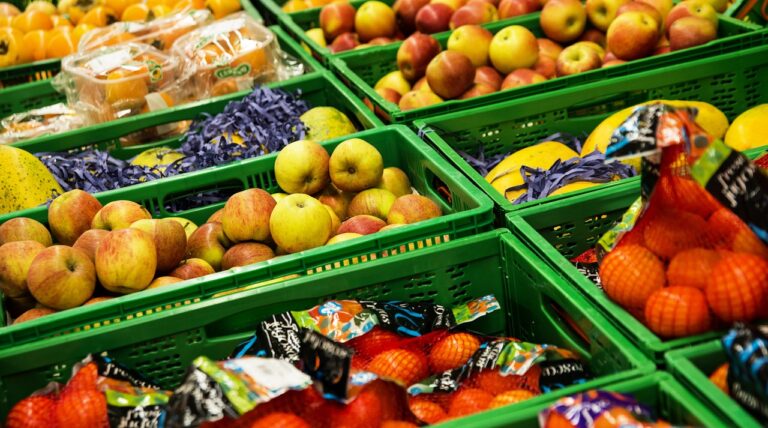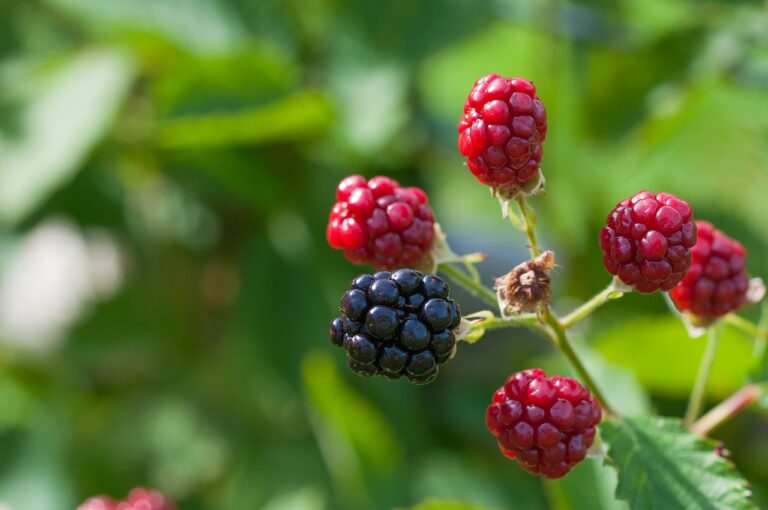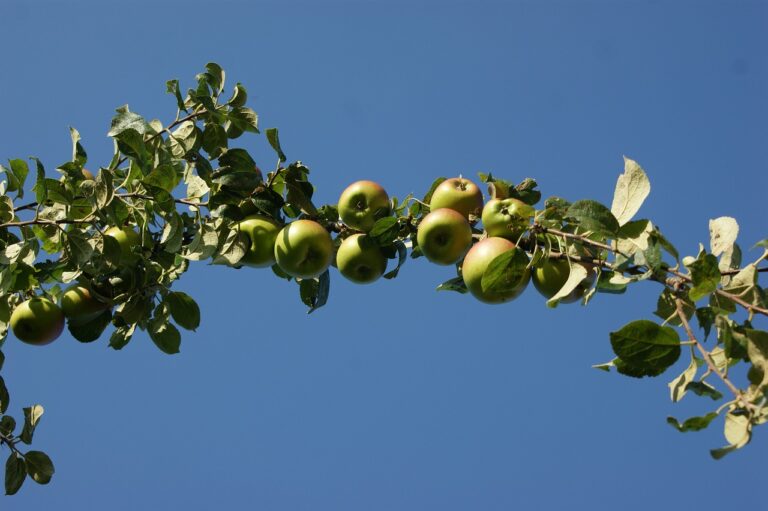Biotechnology in Precision Agriculture: Smart Farming Technologies: 11xplay sign up login password, Laser247 com, Tiger exchange login
11xplay sign up login password, laser247 com, tiger exchange login: Biotechnology in Precision Agriculture: Smart Farming Technologies
The agriculture industry is rapidly evolving with the adoption of smart farming technologies that incorporate biotechnology solutions. Precision agriculture, also known as smart farming, utilizes innovative tools and techniques to optimize crop yields, reduce waste, and increase efficiency in farming practices. Biotechnology plays a crucial role in enabling precision agriculture to reach new heights of success.
Plant Breeding
Biotechnology has revolutionized plant breeding by allowing researchers to develop genetically modified crops that are more resilient to pests, diseases, and environmental stresses. Through gene editing techniques such as CRISPR technology, scientists can precisely modify plant genomes to enhance desirable traits such as drought tolerance, pest resistance, and nutrient content. These genetically modified crops offer greater yields and quality, contributing to sustainable agriculture practices.
Precision Farming
Precision agriculture relies on advanced technologies such as GPS, drones, sensors, and data analytics to optimize farm management practices. Biotechnology plays a key role in developing precision farming solutions that enable farmers to monitor and manage their crops with precision. By integrating biotech innovations into precision agriculture, farmers can make data-driven decisions to improve productivity, reduce input costs, and minimize environmental impact.
Soil Management
Biotechnology has led to the development of microbial solutions for soil health management. Beneficial microbes such as mycorrhizal fungi and rhizobacteria can enhance nutrient uptake, improve soil structure, and suppress pathogens, leading to healthier and more productive soils. By harnessing the power of beneficial microbes, farmers can reduce the need for chemical fertilizers and pesticides, promoting sustainable farming practices.
Crop Protection
Biotechnology has paved the way for the development of biopesticides and biofungicides that offer effective pest and disease control without harming the environment. Biopesticides derived from naturally occurring compounds or beneficial microorganisms provide an eco-friendly alternative to chemical pesticides. By incorporating biotech-based crop protection solutions, farmers can protect their crops from pests and diseases while minimizing chemical residues in food products.
FAQs
1. What is precision agriculture?
Precision agriculture, also known as smart farming, is a farming approach that utilizes advanced technologies to optimize crop production and resource management. It involves the use of tools such as GPS, drones, sensors, and data analytics to monitor and manage farm operations with precision.
2. How does biotechnology benefit precision agriculture?
Biotechnology enables precision agriculture by providing solutions such as genetically modified crops, microbial soil amendments, and biopesticides that enhance crop yields, soil health, and pest management in a sustainable manner.
3. Are genetically modified crops safe for consumption?
Numerous scientific studies have confirmed the safety of genetically modified crops for human consumption. Regulatory agencies around the world have established strict guidelines to ensure the safety and quality of genetically modified foods.
4. How can farmers adopt precision agriculture practices?
Farmers can adopt precision agriculture practices by investing in smart farming technologies, such as GPS-guided equipment, drones, and sensors, and incorporating biotech solutions for plant breeding, soil management, and crop protection to optimize their farming operations.
In conclusion, biotechnology plays a vital role in driving innovation in precision agriculture and smart farming technologies. By leveraging biotech solutions, farmers can improve crop productivity, sustainability, and profitability while minimizing environmental impact. As the agriculture industry continues to evolve, the integration of biotechnology into precision agriculture will pave the way for a more efficient and sustainable farming future.







